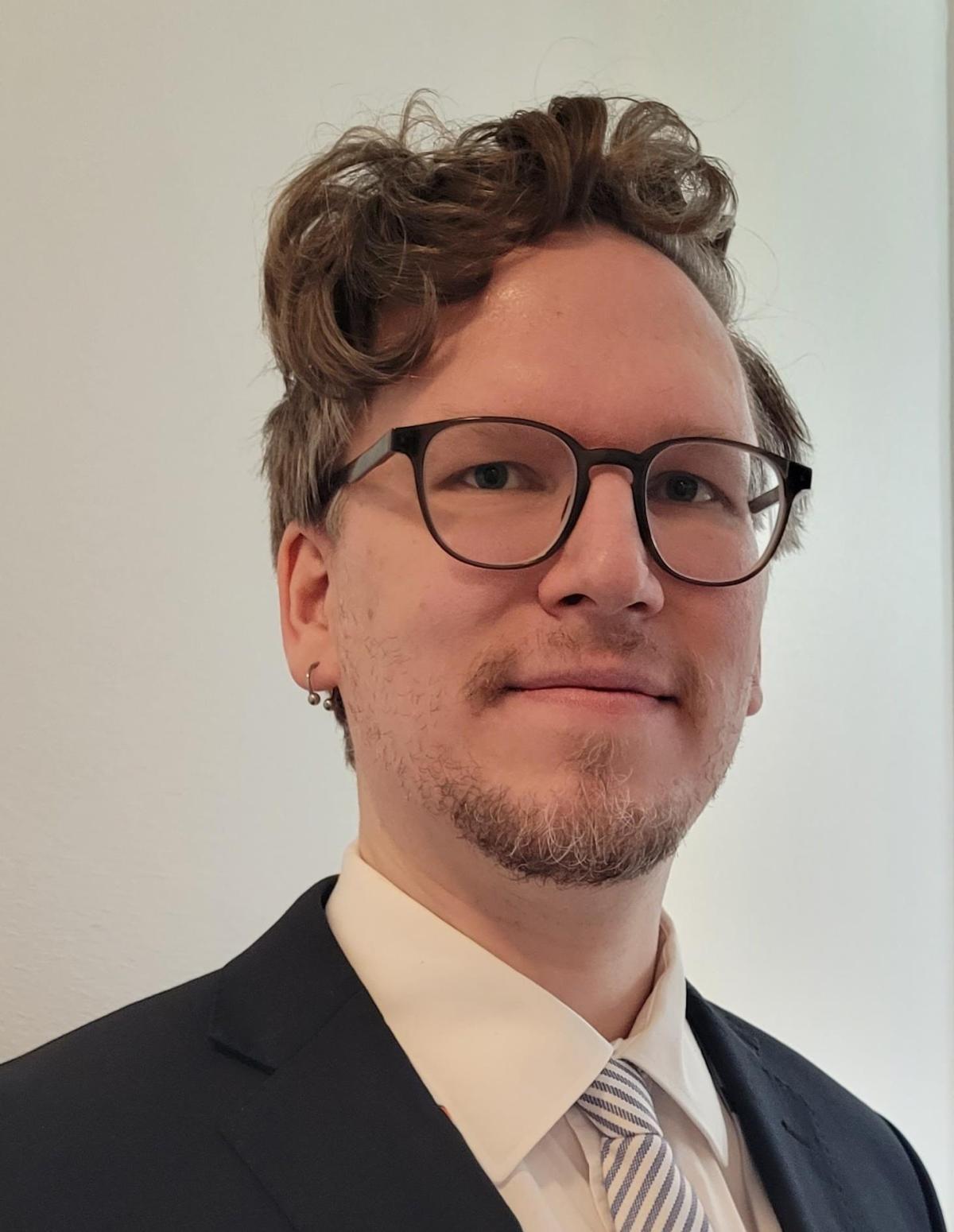Applications
 Part of the Oxford Instruments Group
Part of the Oxford Instruments Group
Expand
Collapse
The objective of this Science Prize is to promote and recognise the novel work of young scientists working in the fields of low temperatures and/or high magnetic fields in Europe. Oxford Instruments is aware that there is a critical and often difficult stage for many between completing their PhD and gaining a permanent research position. The company therefore would like to help individuals who are producing innovative work by offering assistance both financially and through promotion of their research work.
All candidates should be nominated by a senior member of their department or Institute. The prize is awarded by a committee of senior academics based throughout Europe.
The Nicholas Kurti Science Prize consists of:
The European prize for physics is named after Professor Nicholas Kurti (1908-1998). Professor Kurti is known for his distinguished work in ultra-low temperature physics at the Clarendon Laboratory, Oxford University. In fact, this location earned the name “the coldest spot on earth” as a consequence of the ground-breaking research conducted there. Using the nuclear demagnetisation of copper, Professor Kurti was able to create temperatures close to a millionth of a degree above absolute zero.
There is a strong connection between Oxford Instruments and Professor Kurti. Sir Martin Wood, the founder of Oxford Instruments, held the Senior Research Officer position at the Clarendon Laboratory at that time with responsibility for the engineering facility of the high magnetic field section of the laboratory which was directed by Nicholas Kurti. When Professor Kurti retired, he decided to apply his low temperature physics knowledge to the kitchen. He created a new science, Molecular Gastronomy, the application of scientific principles to the understanding and improvement of small scale food preparation. Chefs, scientists and food writers around the world have developed the subject since his death in 1998.
Oxford Instruments NanoScience would like to thank Mrs Giana Kurti for her agreement to name the prize after her late husband.
We are delighted to announce that Dr Jere Mäkinen of Aalto University has been selected as the winner of the 2025 Nicholas Kurti Science Prize. Learn more about Dr Jere Mäkinen here.

"I am deeply humbled to have received the Nicholas Kurti prize and join the admirable group of past winners. The recognition is deeply encouraging, motivating me to [continue pursuing] academic research in the coming years.”
Prize Committee Co-Chairs:
Professor Richard Haley, Lancaster University
Dr Natalia Ares, University of Oxford
Prize Committee Members:
Professor Rolf Haug, Universität Hannover
Professor Vladimir Dmitriev, P L Kapitza Institute, Moscow
Professor Dominik Zumbühl, University of Basel
Dr Anasua Chatterjee, Delft University of Technology
Dr Silvano De Franceschi, CEA-INAC